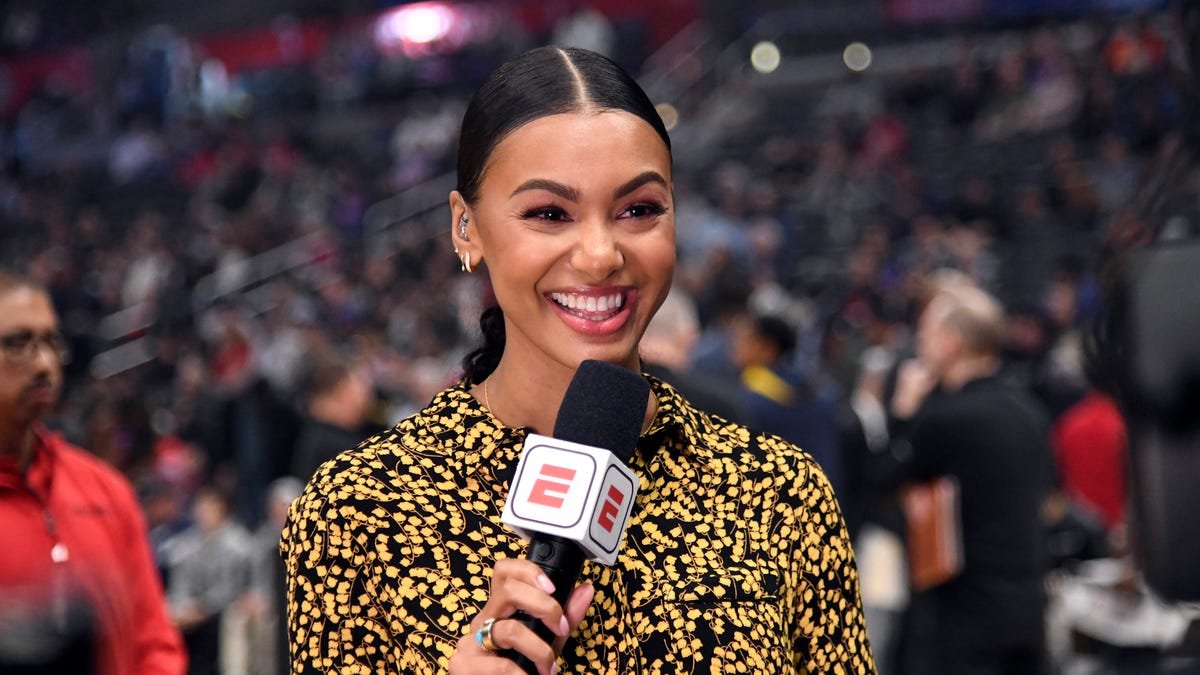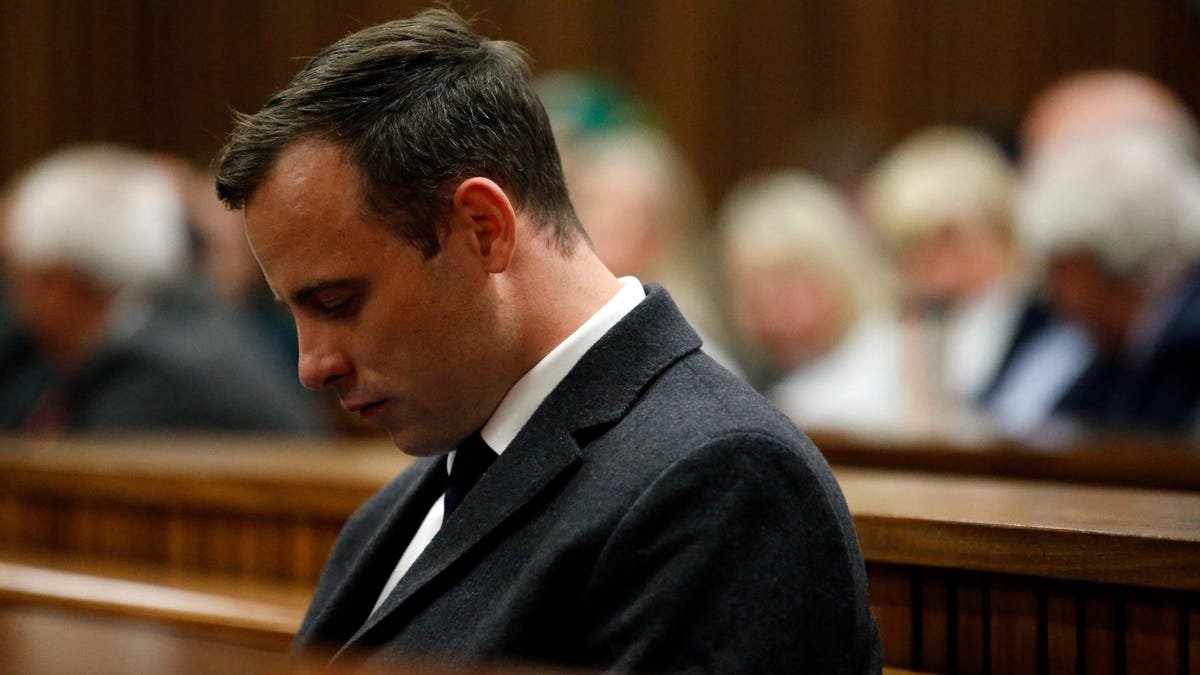In today’s digital age, it’s all too easy to become ensnared in an echo chamber. Social media platforms and online communities often allow us to surround ourselves with like-minded individuals, reinforcing our own beliefs and shutting out dissenting opinions. But while echo chambers may provide a sense of comfort and validation, they also have a dangerous downside.
The problem with echo chambers is that they can become breeding grounds for bad narratives. As ideas and opinions bounce around within these closed networks, they can take root and spread like wildfire. The result is a distorted version of reality, where misinformation and falsehoods thrive.
A recent incident involving NFL receiver Dez Bryant serves as a prime example. Bryant attacked ESPN’s Malika Andrews, a prominent NBA reporter, on social media, exposing himself as someone who lacks depth and critical thinking. Bryant’s criticism of Andrews was not only baseless but also reflective of the toxic nature of certain segments of NBA fandom.
The ire directed at Andrews is not an isolated incident. She has faced relentless scrutiny and criticism, especially from a particular group of Black male NBA fans who seem to believe that equality means silencing her voice. This kind of targeted harassment is deeply disturbing and reveals a troubling undercurrent of misogyny and intellectual laziness within NBA fandom.
What makes this situation even more absurd is that Andrews had already addressed the issue that Bryant was criticizing her for. Despite her efforts to provide comprehensive coverage and address relevant topics, Andrews continues to face unwarranted backlash. It seems that some fans would rather attack the messenger than confront the issues at hand.
This pattern of attacking Andrews whenever a Black athlete gets into trouble is a reflection of toxic fandom and misplaced priorities. It’s easier to blame the reporter than to hold the athletes accountable for their actions. This kind of behavior perpetuates a culture where women are scapegoated and their voices are silenced.
The hostility towards Andrews also stems from a previous exchange she had with Stephen A. Smith on First Take. Rather than engaging with her valid points about the unfair treatment of women in the Celtics organization, her critics twisted her words to fit their own narrative. This deliberate misinterpretation serves as a convenient way to ignore her message and avoid addressing the real issues.
It’s important to remember that reporting on issues involving Black athletes is an integral part of sports journalism. The NBA, with its majority of African-American stars, cannot escape these issues. Holding reporters like Andrews accountable for doing their job is not only unfair but also hypocritical.
The relentless criticism of Andrews, including attacks on her personal life and relationship, is a reflection of the moral and intellectual decay that occurs when individuals need a woman as their villain to deflect from their idolization of troubled athletes. It’s a toxic cycle that perpetuates misogyny and undermines the progress towards equality.
In conclusion, echo chambers may provide a sense of comfort, but they can also be breeding grounds for bad narratives. The recent incident involving Dez Bryant and Malika Andrews is a stark reminder of the dangers of these closed networks. It’s time to break free from the confines of echo chambers and engage in open and respectful dialogue, challenging our own beliefs and seeking out diverse perspectives. Only then can we truly grow and progress as a society.





